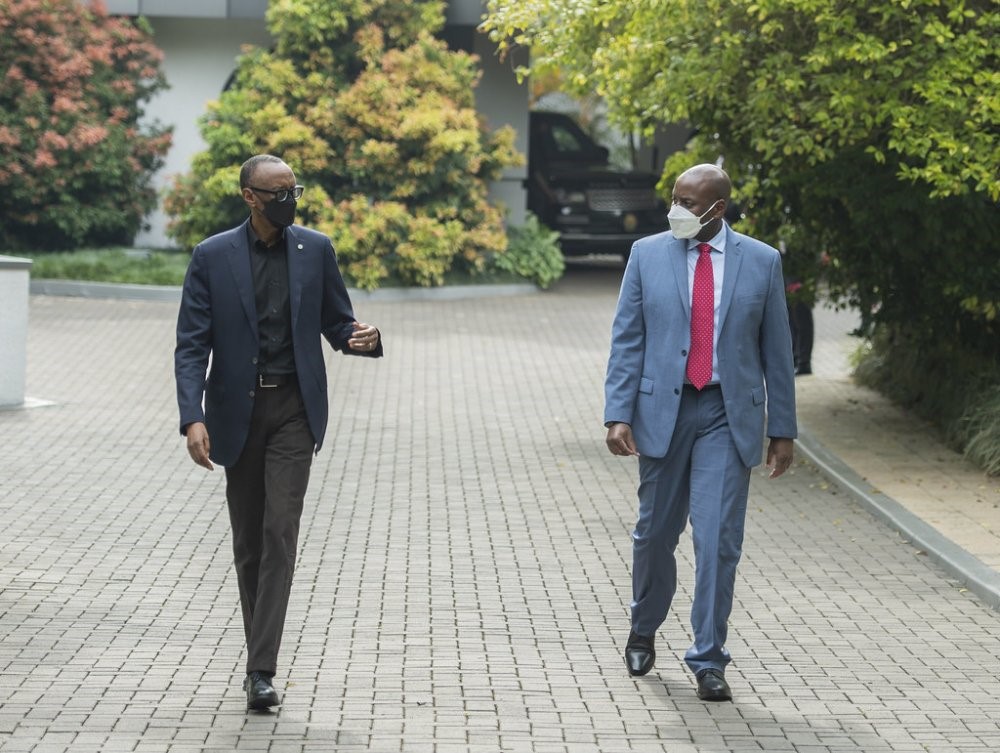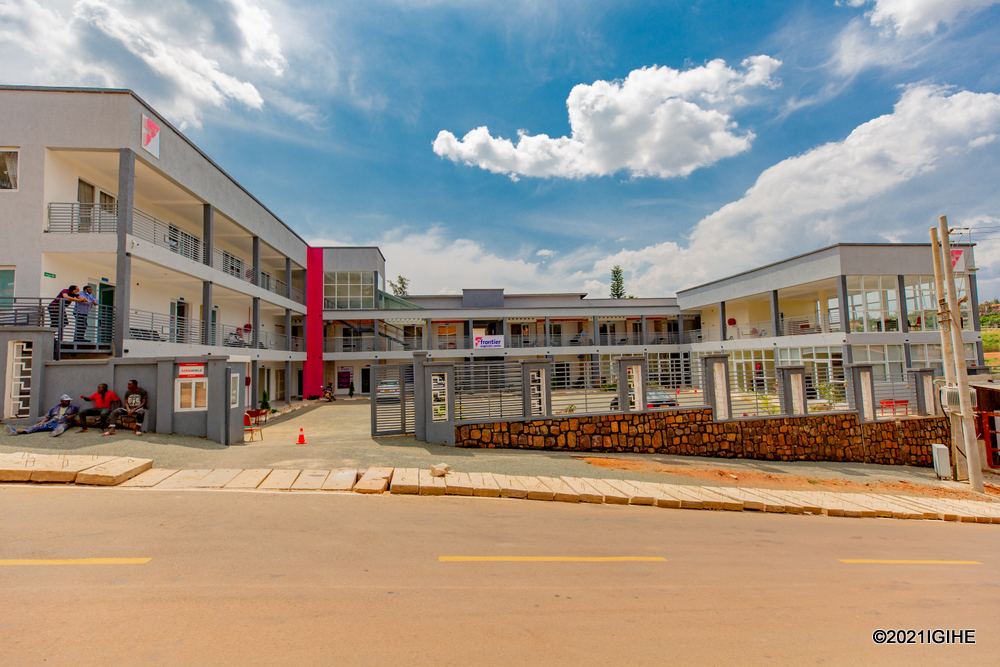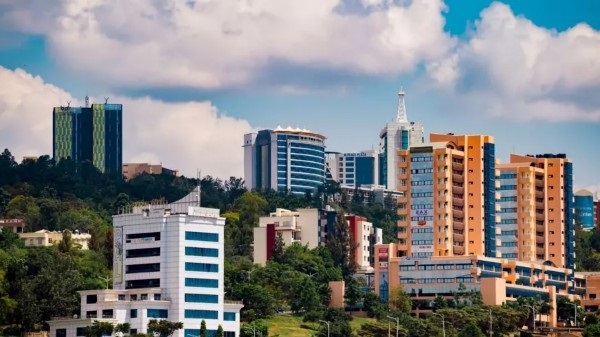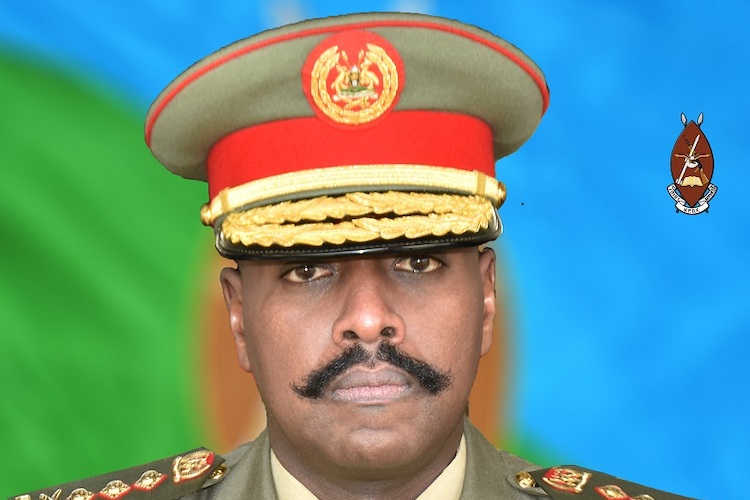Regional
Rwanda-Uganda: Why it will take more than shuttle diplomacy to restore ties
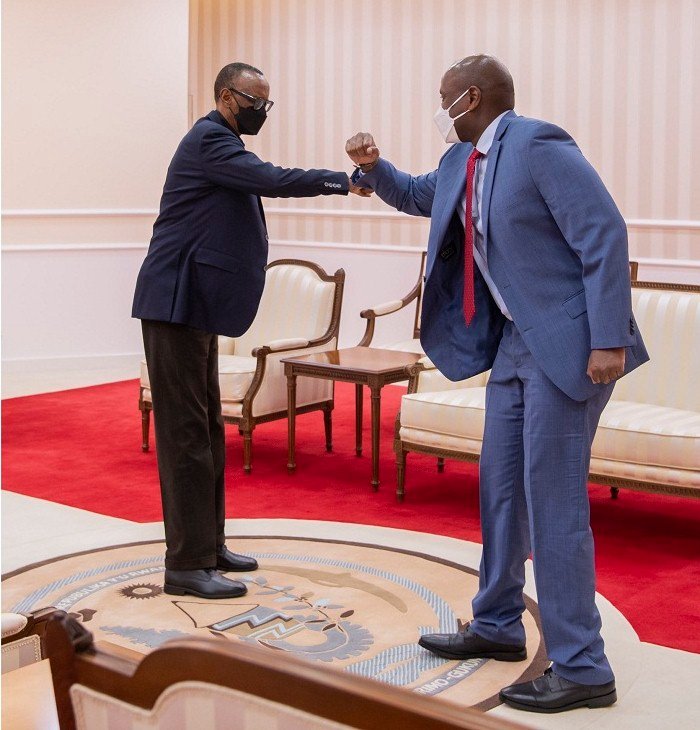
It’s been close
to five years now since relations between Uganda and Rwanda went on ice.
Over the past
few years, the Ugandan security apparatus has run riot against the people of
Rwanda: kidnapping, torturing and illegally detaining many. Rwandans are dumped at the border after passing through hell in Uganda.
The victims have
been ordinary Rwandans of different backgrounds; farmers, potters, businessmen
or women, religious leaders, among
others. Some of them have not been lucky as they succumbed to torture.
According to
Ugandan security officials, all these people, now in their thousands, are
accused of ‘spying for Rwanda’ though none of them has ever been produced
before a court of law.
This prompted
the government of Rwanda to issue caution to Rwandans against crossing into
Uganda, with reason that their security would not be guaranteed once they cross
into the neighbouring country.
Without doubt, people
in both countries yearn and hope for the normalization of cooperation between
the two countries. However, there exist some dependent factors to this.
Besides the
torture of her citizens, Rwanda accuses Uganda – and with ample evidence – of
supporting armed terror groups against Kigali that freely operate in Uganda,
and enjoy facilitation of the security and to some degree, Ugandan state
apparatus.
Among these
terror groups is the Rwanda National Congress (RNC) and RUD-Urunana.
Other terror
groups such as the FDLR are known to have received Uganda’s support several
times in executing their criminal enterprise against the people in
Rwanda.
Rwanda’s
allegations against Uganda were presented at different meetings and always
supplemented with evidence, mostly established from criminals caught and
extradited to Rwanda, mainly from the Democratic
Republic of Congo (DRC), their operation base.
Some of these
elements were caught red handed with documentary evidence after they were
intercepted from the border between DRC and Uganda from where they had attended
a meeting with other anti-Rwanda groups organized by Ugandan senior officials.
Ugandan President
Yoweri Museveni once admitted in an official letter to meeting some RNC
officials in his office in a rather bizarre fashion; for him, this was an
accidental meeting.
Should I
probably blame it on his ill-intentioned security organs that failed to gather
an accurate due diligence and vetting report to the president about his
invitees? That is a discussion for another day.
Uganda, on the
other hand, has always accused Rwanda of spying and supporting the opposition
in Uganda. Allegations that Ugandan officials have always failed to
substantiate at all meetings between the two countries.
A sense of hope?
The tensions
between Uganda and Rwanda have certainly caused some significant harm on both
sides. However, according to different regional economists, Uganda is the
biggest looser.
Economically,
Uganda is losing hundreds of millions of US dollars per annum in trade, a risk
factor officials there certainly never expected.
The closure of
the border between both countries is weighing heavily on Uganda’s economy that
Museveni now feels the pressure. Ugandans who made a living from cross border
trade with Rwanda are now suffering from the undesirable effect of Rwanda’s
decision to close its borders with Uganda.
The two envoys
that were sent by Museveni to meet President Paul Kagame, most likely carried a
message of appeal to reassess the bilateral cooperation of the two countries, a
move that was certainly triggered by the economic pressure that is now felt by
Uganda. At least that is what I am forced to read from the new
developments.
Uganda also
finds itself between a rock and a hard place, with the current stand-off in
terms of bilateral trade with Kenya.
Rwanda is open
and committed to settling the issues with Uganda. Uganda knows it very well and
has had the opportunity to testify to that. Rwanda remains open for discussions
that aim at restoring a conducive cooperation between the two countries and its
respective peoples for shared interests.
Discussions
between Rwanda and special envoys from Uganda are a good and bold step
towards the revamping of bilateral cooperation. But more importantly, action to
restore a conducive environment for bilateral cooperation to take place impose
itself as the dependent factor for all other developments to take place.
Rwanda
articulated her demands – which are clearly justified – that Kampala has to
meet before the ties are normalized and good enough, every demand is within the
powers of the latter, nothing insurmountable.
Many wish Uganda
can use the same energy it used sending special envoys to Rwanda to address
Rwanda’s concerns. Until then, expect no change but keeping the current status
quo.
Some news came
from Kampala, on January 25, with the announcement of the replacement of Maj
Gen Abel Kandiho, the man who has been at the helm of torturing Rwandans in CMI
dungeons.
Will Kandiho be
held to account for, among others, facilitating terrorist groups intent on
destabilizing Rwanda? Or, is removing him from CMI and posting him far away in
South Sudan good enough for the Rwandans his agents maimed, and killed?


